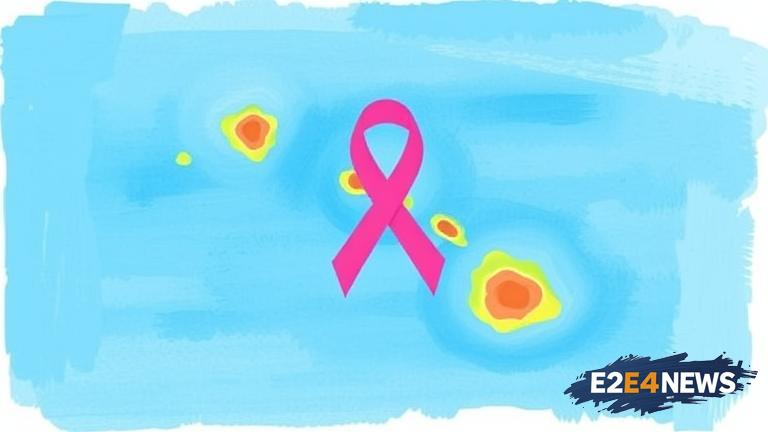The Circle of Care initiative has been making waves on the island of Guam by offering an array of free services tailored to support individuals affected by cancer. This inclusive program is designed to cater to the diverse needs of patients, survivors, and their families, recognizing the profound impact cancer has on both the individual and their loved ones. By providing access to counseling, support groups, and wellness activities, Circle of Care aims to foster a sense of community and resilience among those navigating the challenges of cancer. The services are carefully crafted to address the physical, emotional, and psychological aspects of cancer, ensuring a holistic approach to healing and recovery. For patients, the program offers a safe space to express their feelings, fears, and hopes, while also equipping them with strategies to manage the side effects of treatment and improve their quality of life. Survivors, on the other hand, can find support and guidance as they transition into post-treatment life, addressing concerns related to recurrence, long-term health effects, and reintegration into daily life. Families are not forgotten, as they too are provided with the tools and support necessary to cope with the emotional and practical challenges that arise when a loved one is diagnosed with cancer. The wellness services component of the program is particularly noteworthy, as it includes activities such as yoga, meditation, and nutritional counseling, all of which are evidence-based practices known to enhance well-being and reduce stress. By incorporating these elements, Circle of Care promotes a proactive approach to health, encouraging individuals to take an active role in their recovery and long-term health management. The initiative also serves as a testament to the power of community, highlighting the importance of social support in the face of adversity. On Guam, where community bonds are strong and the concept of ‘inafa’maolek’ (to make things right) is deeply ingrained, the Circle of Care program resonates deeply with local values. It underscores the commitment of the community to care for one another, especially during times of need. Furthermore, by offering these services free of charge, Circle of Care ensures that financial barriers do not hinder access to essential support, reflecting a profound understanding of the economic realities faced by many on the island. The program’s accessibility is a crucial aspect of its design, aiming to reach as many individuals as possible and provide them with the resources they need to navigate their cancer journey. In doing so, Circle of Care not only supports the health and well-being of individuals but also contributes to the broader social fabric of Guam, fostering a culture of care, compassion, and mutual support. As the program continues to grow and evolve, it is likely to have a lasting impact on the lives of those it serves, offering a beacon of hope and a reminder that no one faces cancer alone. The initiative serves as a model for community-based cancer support, demonstrating the potential for collaborative, holistic approaches to make a meaningful difference in the lives of patients, survivors, and their families. By addressing the multifaceted needs of those affected by cancer, Circle of Care embodies a comprehensive and compassionate response to a complex challenge, one that prioritizes the well-being and dignity of all individuals involved. In the context of Guam, where the need for such services is clear, the Circle of Care program stands out as a vital resource, one that is poised to make a significant contribution to the health and wellness of the community. As awareness about the program grows, it is anticipated that more individuals will seek out its services, leading to a greater sense of connection and support among those affected by cancer. Ultimately, the success of Circle of Care will be measured not only by the number of individuals it serves but by the positive impact it has on their lives, fostering a community that is more resilient, more compassionate, and more committed to the well-being of all its members.
